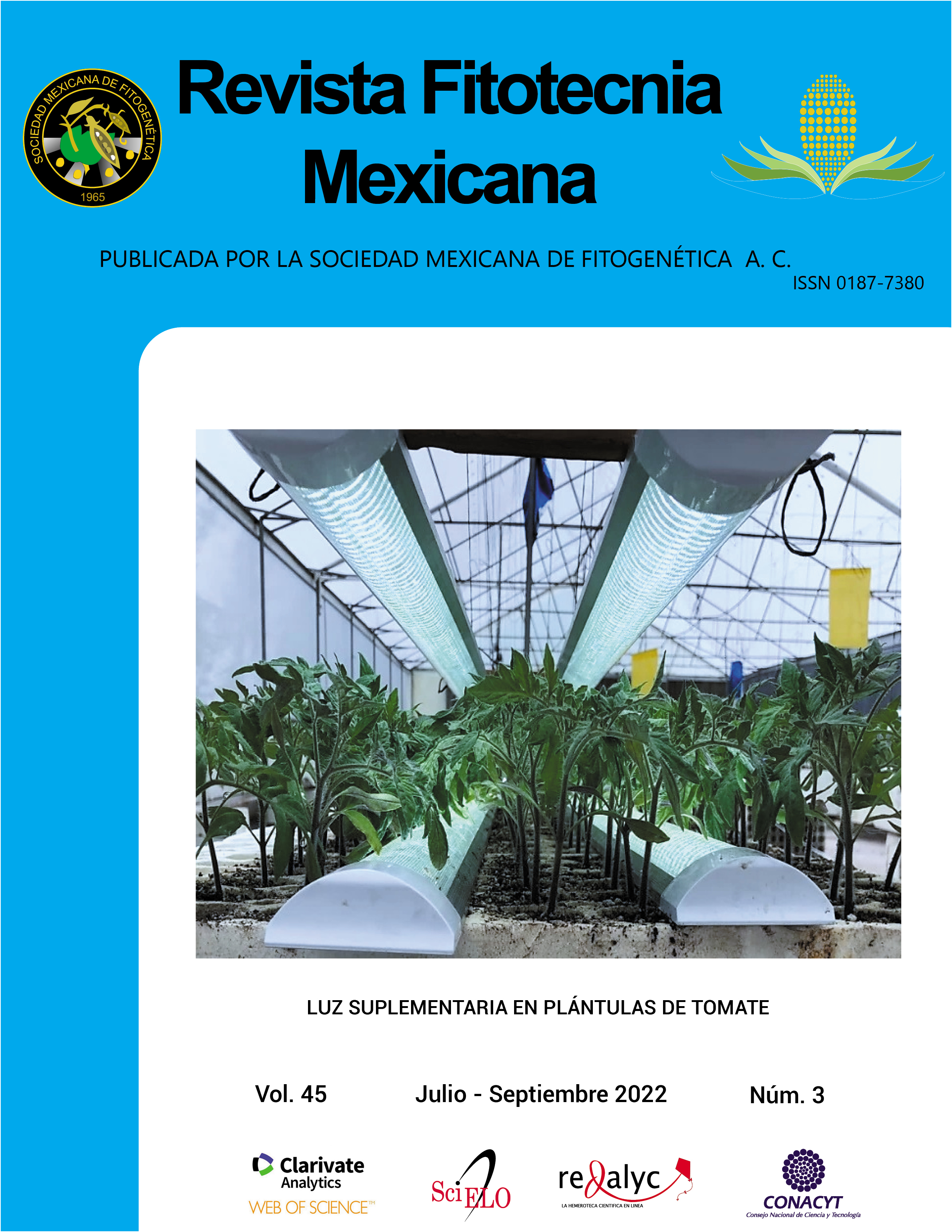PRESENCE OF TRANSGENIC SEQUENCES IN TORTILLA DOUGH FROM URBAN AND RURAL COMMUNITIES OF THE MESETA PURÉPECHA, MICHOACÁN, MEXICO
Main Article Content
Abstract
Corn tortillas are a staple food for Mexican people, providing a large proportion of the daily intake of calories and nutrients, with a high per capita daily consumption; thus, the presence of recombinant sequences from genetically modified corn can be problematic as it represents a threat to the genetic diversity of this crop, human health and food sovereignty. The objective of this study was to evaluate the presence of the recombinant 35S promoter (P35S CaMV) and NOS terminator (t-NOS) sequences in dough samples for tortillas produced in 2018 in urban and rural communities of the municipalities of Uruapan and Paracho in Michoacán, Mexico. The hypothesis was that tortillas from urban localities would contain a higher frequency of recombinant sequences than those produced in rural localities, as greater use of industrialized flour is assumed, where the presence of transgenes has previously been documented. Dough samples were obtained from 92 tortilla makers, and surveys were conducted to determine the origin of the grain and the possible use of industrial flour in the preparation of tortillas. The samples were grouped into an urban área with seven sub-areas and four rural areas. Sixty-three samples of DNA from the dough were analyzed for the presence of recombinant sequences using RT-PCR. Survey results indicated that the grain originated mainly (52 %) from Sinaloa (Northwestern Mexico), while the majority of producers (86.6 %) use industrialized flour. Transgenes were detected in 32 % of the samples, with t-NOS as the most frequent sequence. The highest percentage of positive samples (80 %) came from the Uruapan urban area, while only 5 % of positives were detected in rural areas. These differences could be due to the greater use of external grain or industrialized flour in urban areas, while local native corn is used in rural areas.

